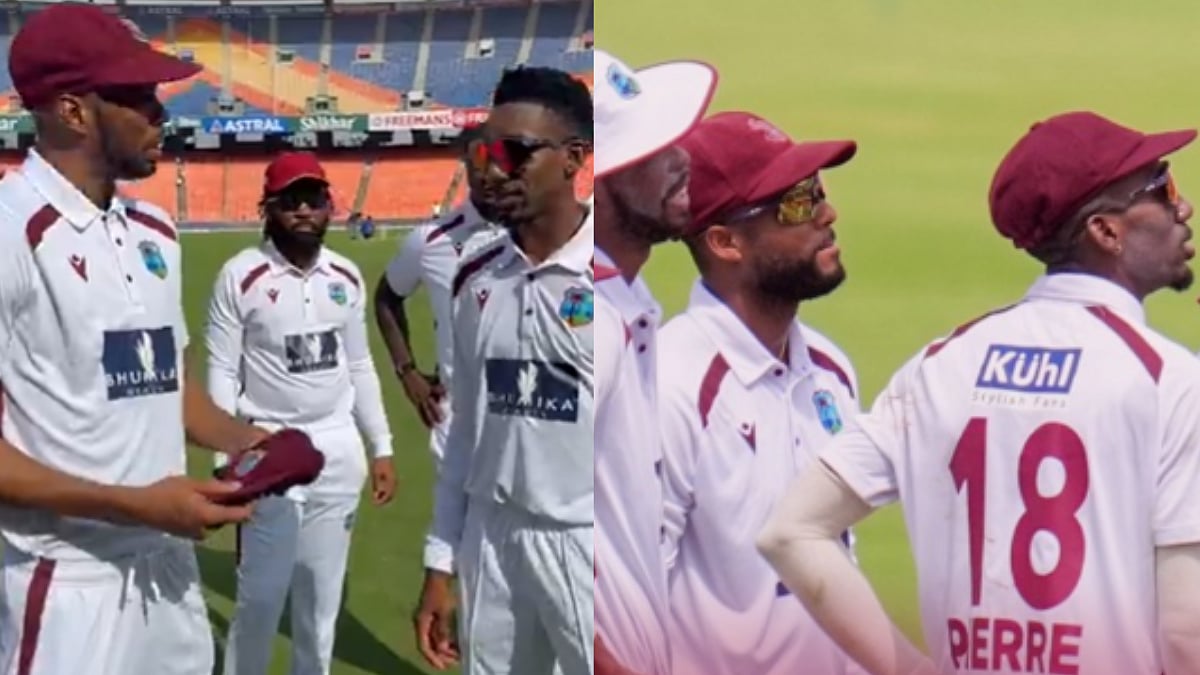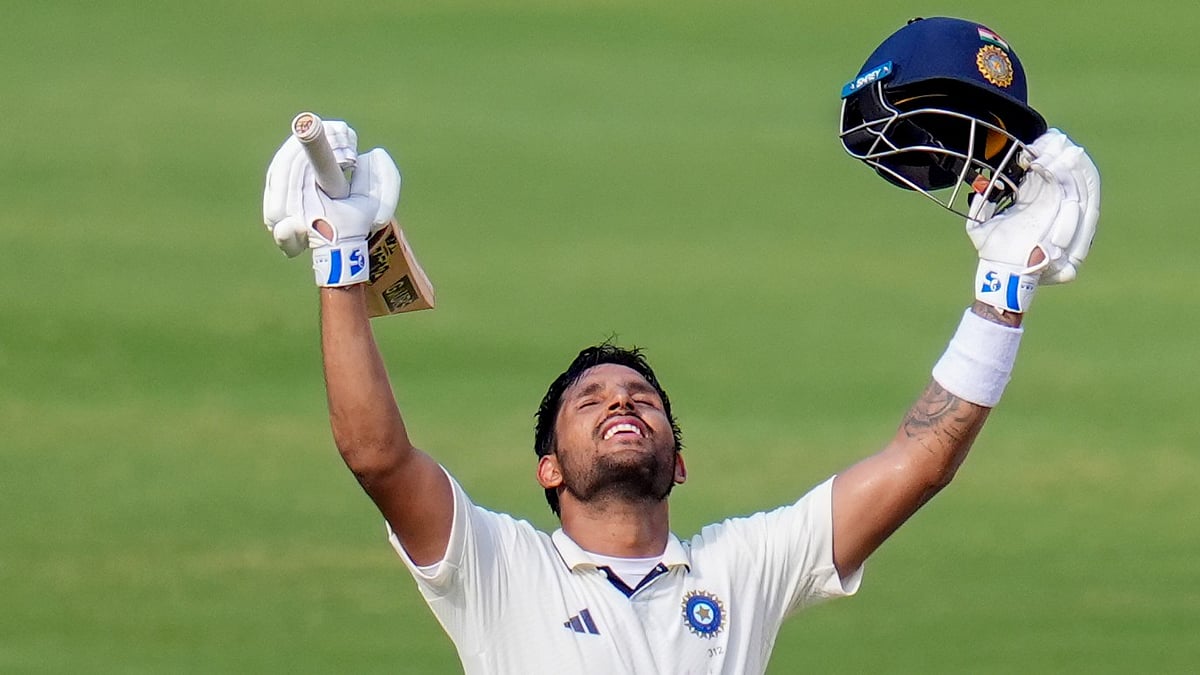Dr. R. R. Sedamkar, Dean – Academic, Thakur College of Engineering and Technology, Kandivali, tells Shraddha Kamdar, as part of what academicians should do for student development
He is the walking example of what is expected of every member of the college. When I entered the college premises one afternoon to conduct this interview, a notice I read stated that all members are required to wear their identity cards. It is the first thing I noticed when I entered his cabin. He was wearing his identity card (for the purpose of the photo published here, he was requested to take it off). With that identity card, one cannot miss the ‘Work is Worship’ badge he dons on this jacket pocket. He wears it so that he is reminded of the maxim every moment. With that spirit, Dr. R. R. Sedamkar, Dean – Academic, Thakur College of Engineering and Technology, Kandivali, shared many thoughts, ideas and practices. A few excerpts:
How do educators ensure there is a balance between what the syllabus prescribes and what the industry needs, especially in the field of engineering?
In the Indian education scenario, especially for the undergraduate programmes, the focus is on the breadth of knowledge, but not so much on the depth. The goal of engineering institutions like us it to create engineers who can be useful to several industries. We should want to create an avenue for the students or engineering graduates for employment not only in Indian companies, but also globally. Unfortunately, the syllabus is not designed in that context, the syllabus is designed to make a strong foundation. The challenge for institutions like us lies in making the graduate employable. And the simple thing to do is to identify the gaps and create bridge programmes to enhance the knowledge of the students. We need to create more tailor-made programmes which directly orient students towards the industry.
Can you offer an example?
We have designed a structured system in our college where we know that the input (in terms of the students seeking admission) is that that scholarly because students come from varied backgrounds. So we design our bridge programmes to suit all the students and create more opportunities for them. We focus on all round development, including communication skills and changing behavioural aspects when needed.
How do you look at training these students beyond the syllabus, since it takes a lot of their time?
You see, undergraduate students are with us between the ages of 18 years and 22 years, which is a very challenging phase in their lives. However, it is also a phase where they can easily fine tune themselves, not only in terms of knowledge, but also in terms of personality. These changes go a long way, and help then not only through their careers but also through their lives. We have also created a few centres of excellence within the college in association with companies like Accenture and Tata enabling students to gather hands on experience of working in a real time environment.
What are some of the challenges you face in this process?
For an engineering student, we have to offer the right kind of knowledge, offer skill building technical courses as well as try and help them develop all round personalities. In our country, the students excel at academic activities and are good with the knowledge and the skill building part, but it is the personality development which poses a challenge. This is primarily because they are not kids any more, they are young adults and need to be tackled in a certain way. They already know their responsibilities for the major part, so they might feel offended if they are told or ordered around in terms of how to behave, so the trainer or educator has to be smart. It has to be a coordinated effort from the institution’s end, offering guidance and counselling to the students whenever needed.
We have a teacher guardian system, where each teacher works with about 20 students as their guardian.
Can you offer some examples of innovations that teachers adopt in the classroom to increase the students’ curiosity?
Basically, you are talking about the power of teaching, and I for one believe that teaching, if done properly, has a lot of power to enable and empower students. In our college, looking at students’ interests, we made a few changes in the way classroom activities are conducted. We segmented them into excellent, good and average depending on certain parameters. We also identified faculty members who could teach the students depending on their learning abilities sifting them out. For instance, how to further engage the students who are excellent and pick up fast, and at the same time how to focus better on the average students who need more time and patience from the faculty. Over a span of four years from for the batch that was admitted in 2011, we focussed on this method and found that 17 students benefitted from it. In fact, during campus placements, they also landed some great offers.
What are some of the changes that are occurring in classroom delivery methods?
I know that the classroom delivery scenario is changing rapidly, and it works well for students if teachers can move seamlessly from one tool to another. That’s why classrooms are equipped with all the facilities like projectors, speakers and the internet, apart from blackboards and white boards. Within the hour of the class, these facilities allow the faculty to flip the classroom. This of course encourages students to be attentive, but also teachers are motivated to try out different modes of teaching with the students. They won’t be bored, and teachers will learn to adopt newer pedagogies. This is the generation of the internet and we have to tap the aspirations of this younger generation. I feel that students should connect with our power of teaching. As a teacher, my contribution is valid if the students connect with my teaching.
What is your message for our young student readers?
I feel that you should invest four years in formal education in college and after you graduate, you should invest four more years at your job gaining education of another kind – organisational education. If your organisational foundation is strong, you will go places. Focus on a strong foundation and building skills which will enable you to work in any engineering field possible. This will lead you to a secure future.





